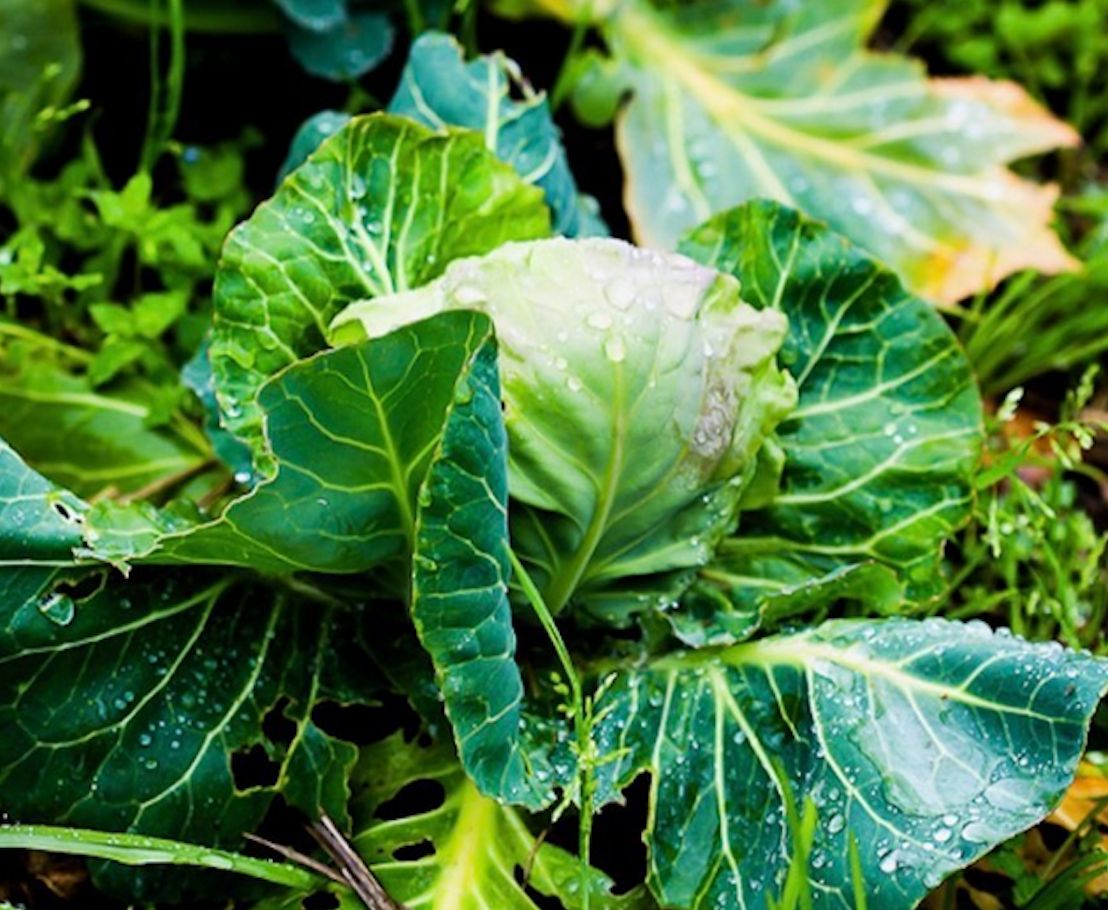
Lesson:
9/9
What is Organic?
Place of Learning:
Duration:
40 min
Summary:
Many of us are familiar with the term organic. Even if we understand what the definition is, we don’t always take the time to explore what organic represents. In this lesson, you will explore and discuss your understanding of what organic is and what it represents to you.
Student Learning Goals & Objectives:
- Explore and discuss their understandings of what organic is and what it represents to them.
Download Lesson Materials
Teaching Notes:
- The purpose of this lesson is to create a dialogue about what organic represents and to clarify common misunderstandings about the definition of organic. Organic and regenerative agriculture are critical to developing a sustainable food system and reducing our detrimental impact on the planet. There are a multitude of complex issues within our food system that this lesson does not delve into. Later this school year we will release a curriculum on organic and regenerative agriculture to explore many of those complexities.
- If this lesson is part of a class, we suggest teachers hold a class discussion as a large group. Please see our Organic Lesson: Tips on Facilitating Open Discussions [Teacher Resource] prior to teaching this lesson.
- For sections that instruct students to READ, you can record yourself reading aloud and send it to students. Direct them to read along with the recording. This is a helpful strategy for differentiating learning that supports all students, especially English Language Learners.
- Some lesson plans are formatted as a fillable PDF so that students can answer the questions and return the document as if it were a worksheet. We recommend testing this functionality with your technology as it varies by device and operating system. If it does not work for you, consider using a google form or having students answer the questions in a new document and submitting their answers to you that way.
- If students are completing this lesson as part of the kitchen curriculum Cooking with Curiosity: Challenging Perfection with Reflection this lesson is 1.9. The ninth lesson of Unit 1.




